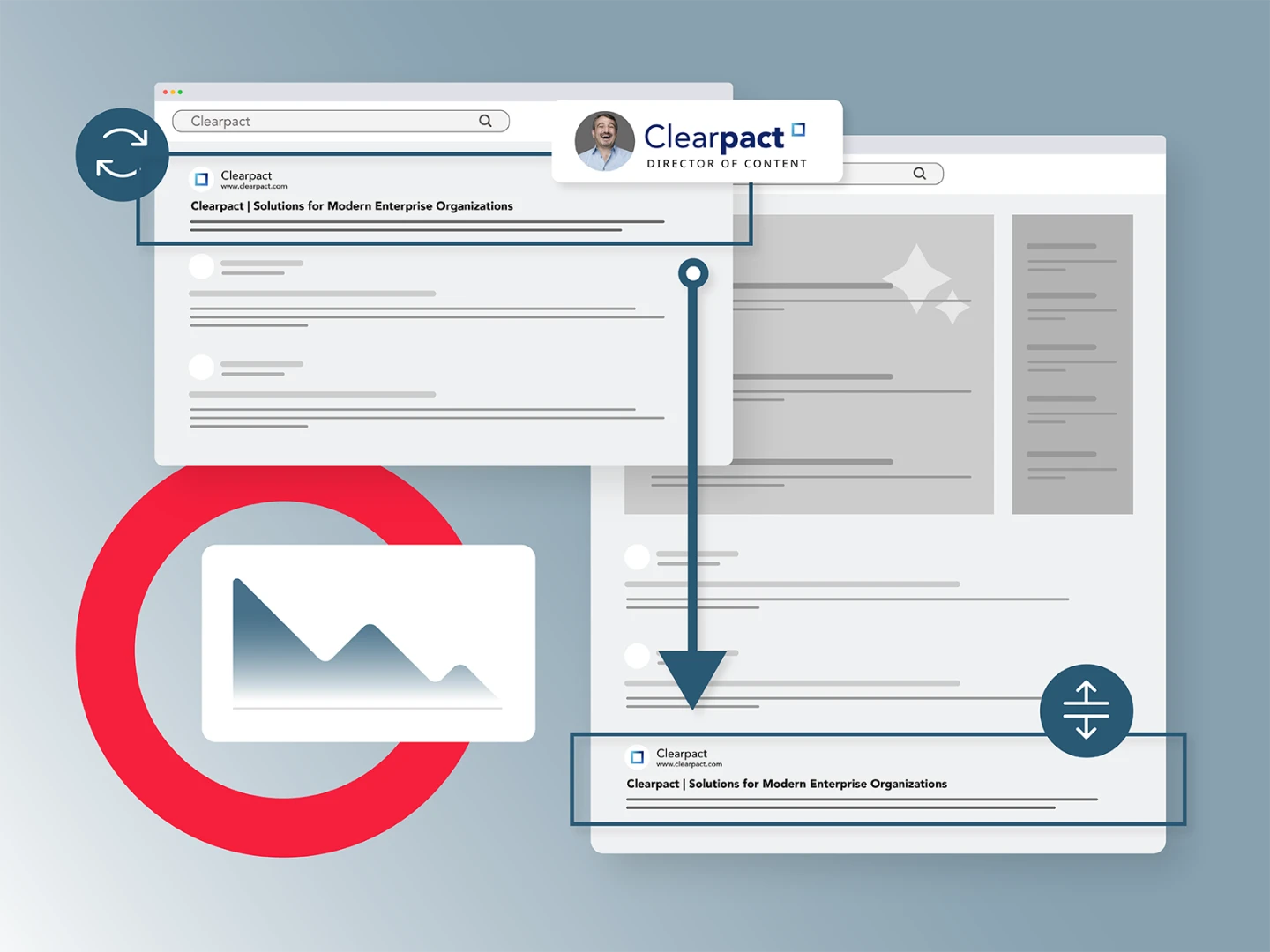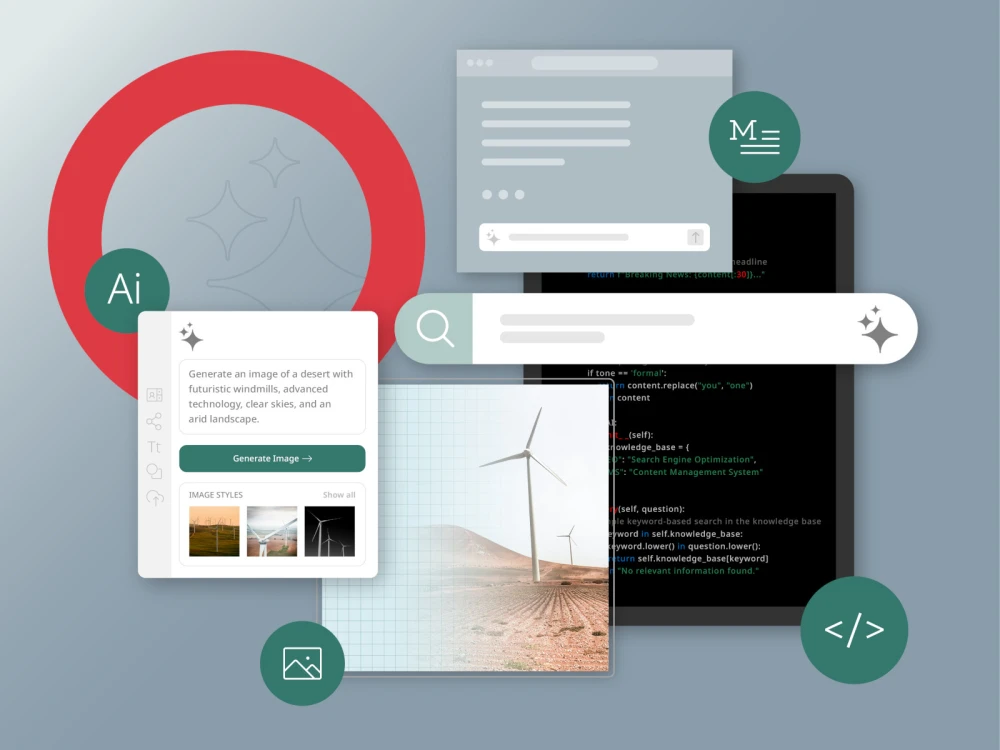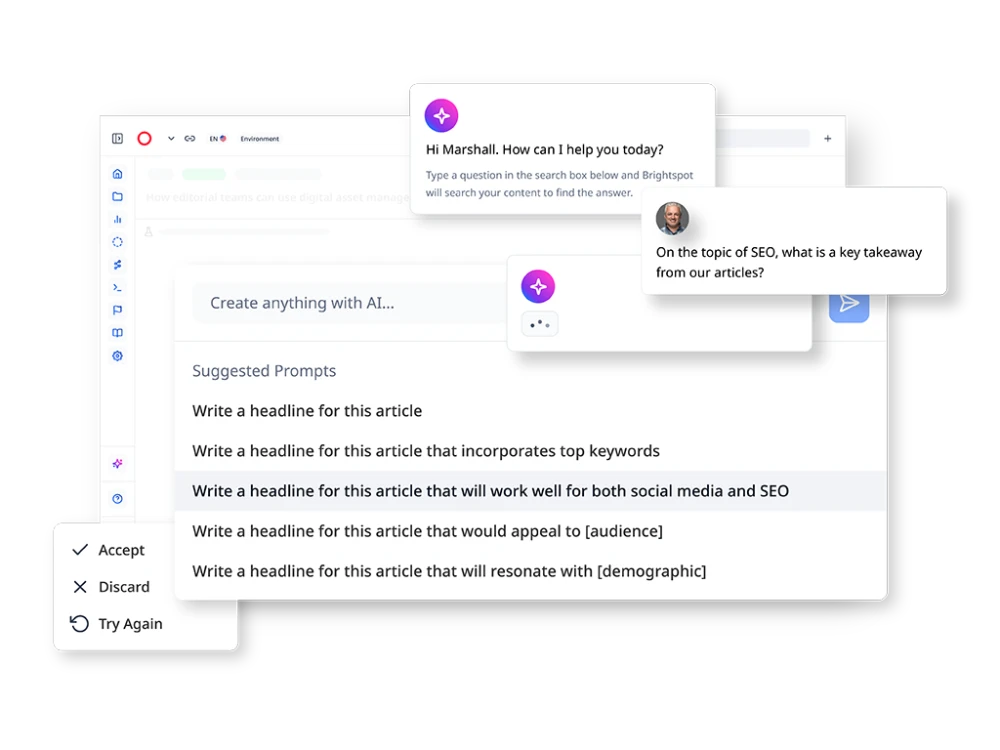Since its founding in 1998, Google has dominated search, guided by philosophies like “Focus on the user and all else will follow” and “Don’t be evil.” With an 89% global market share, Google has consistently offered a leading search experience based on these principles.
The social contract with content creators
Behind the scenes, an unspoken social contract has existed between Google and content creators. Website owners allow Google to crawl and index their content to power search, and in return, Google directs traffic back to their sites. This arrangement created a balanced ecosystem where high-quality, relevant content could rank well, echoing Google’s “Don’t be evil” principle.
Unlike other search engines of the late 1990s, Google’s simplicity in search results pages (SERPs) offered a refreshing approach — just search results, free from clutter.
For years, this relationship thrived, as did Google’s parent company, Alphabet Inc., whose stock prices reflected that growth.
Zero-click results: Eroding the social contract
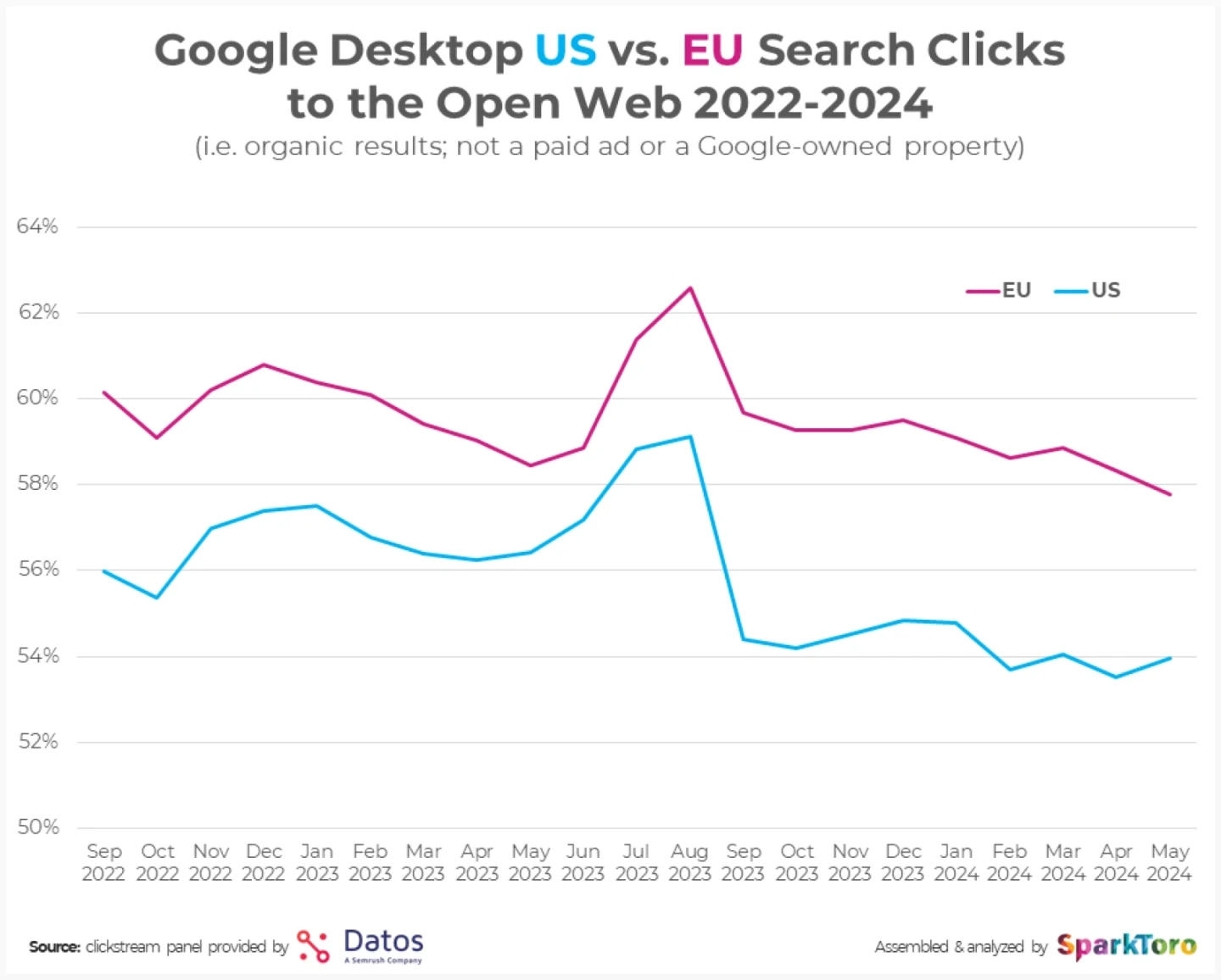
This balance works when Google drives users to websites, allowing publishers to monetize page views. But what happens when Google provides answers directly on its platform? Enter zero-click results — where Google delivers information directly in search results, often eliminating the need to visit the original content source.
For example, Google displays details like reviews, addresses and phone numbers in search results, making it unnecessary for users to click through. While this arguably enhances the user experience, it undermines content providers’ ability to earn revenue, as they lose out on traffic and potential ad revenue.
A 2024 study found that zero-click experiences now account for 59.7% of Google searches. Google’s clicks to the open web have been steadily declining.
How will AI impact search and SEO?
In May 2024, Google introduced its AI Overviews feature. Initial feedback was mixed, but with continued iterations, AI Overviews have become more accurate and user-friendly. The pressing question for site owners and SEOs is: How much will AI Overviews increase zero-click search results?
Experts anticipate that AI Overviews will significantly increase zero-click searches, potentially reducing click-through rates by up to 30% as AI summaries offer readily available information. This shift suggests that organic results may receive even less exposure.
What now for content creators and owners?
Zero-click results and AI Overviews have prompted industry concerns, yet Google’s overall search volume is still on the rise. With over 3 billion searches daily, or around 1.1 trillion searches annually, volume grows by about 10% year-over-year.
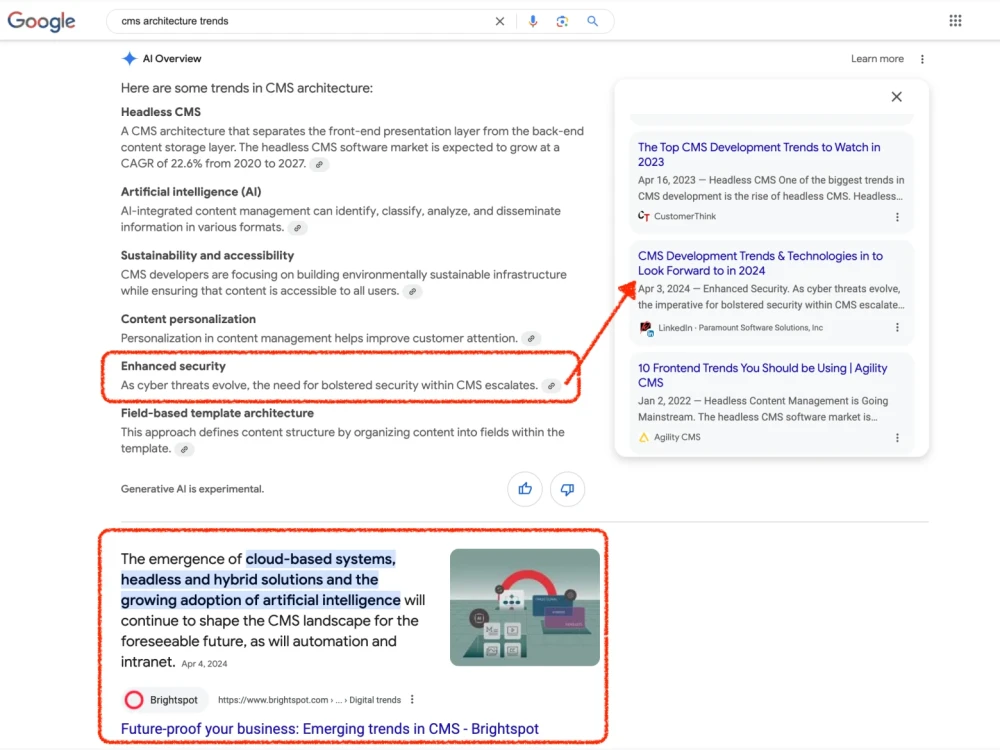
Winning SEO strategy in a zero-click and AI world
Despite declining organic clicks due to zero-click results and AI, SEO remains crucial. The top three organic search results now capture 50% of the remaining clicks:
- First result: 25–28.5% of clicks
- Second result: 15.7% of clicks
- Third result: 10.2% of clicks
Content in these top positions is also more likely to be referenced by AI Overviews, making it critical to secure these spots.
Effective SEO strategies going forward
An effective SEO strategy doesn’t need drastic changes due to AI or zero-click; rather, it requires a deliberate focus on high-quality content from subject-matter experts. Following Google’s E-E-A-T (Experience, Expertise, Authoritativeness, Trustworthiness) metrics ensures quality content, while a technically sound site improves Google’s ability to crawl and rank content.
At Brightspot, we recommend regular SEO audits to proactively address technical issues, track strategy success and adapt to competitor moves and Google’s algorithm updates.
Using AI to navigate Google’s AI evolution
AI has transformed content creation and SEO by enhancing efficiency and productivity.
AI in content creation
Tools like ChatGPT and other LLMs can streamline content creation. These tools synthesize existing information, making them ideal for summaries, titles, or descriptions, rather than original, authoritative content. For optimal SEO, AI-generated content should complement rather than replace expert input.
AI in SEO
SEO tools like Semji and Rocket AI support research, competitor analysis, keyword discovery and content planning. AI-powered outlines help with data-driven structures for new topics. Combining AI insights with human expertise results in content that’s both strategic and authentic.
Where does this leave us?
Google’s shift toward AI and zero-click may seem challenging for content creators, but SEO remains valuable. Instead, the current landscape emphasizes the need for a high-quality, targeted approach that leverages AI capabilities alongside human expertise to remain competitive.
So, did Google break its social contract with content producers?
It’s fair to say that Google has, in some ways, shifted the terms of its “social contract” with content creators. Initially, the exchange was straightforward: Google drove traffic to websites in return for indexed content. This traffic allowed publishers to fund quality content creation.
However, with zero-click search results, AI Overviews and Knowledge Panels, Google now frequently provides information directly on its platform. As a result, fewer users click through to original sources, reducing the value of the “traffic-for-content” exchange that publishers depended on. For creators of high-quality content, this feels like a disruption of the trusted ecosystem.
On the other hand, Google argues that these changes serve user experience by delivering faster answers. And while zero-click results reduce traffic for some, the high volume of searches and top-ranking content still sustain value within the ecosystem.
So, while Google may not have “broken” its social contract outright, the landscape has shifted in ways that alter the balance of benefits. Content creators who previously relied on steady referral traffic now face new challenges to capture and retain user engagement in a system increasingly designed to deliver answers directly on Google’s pages.

